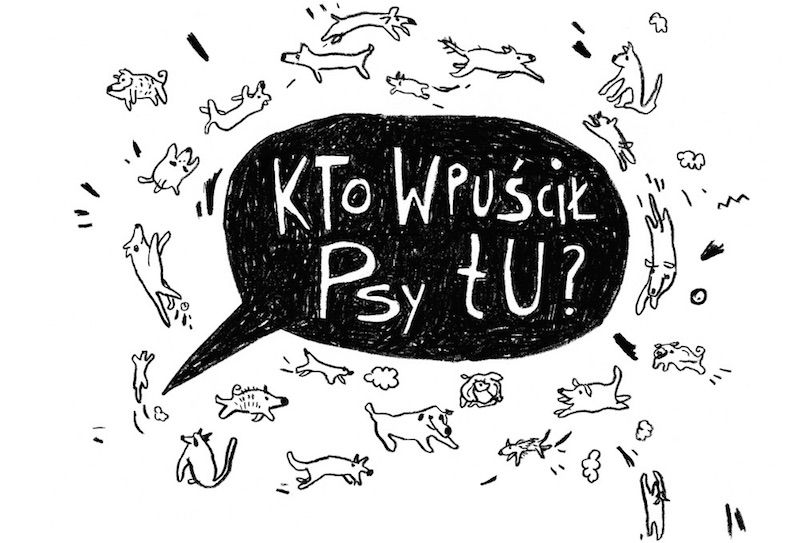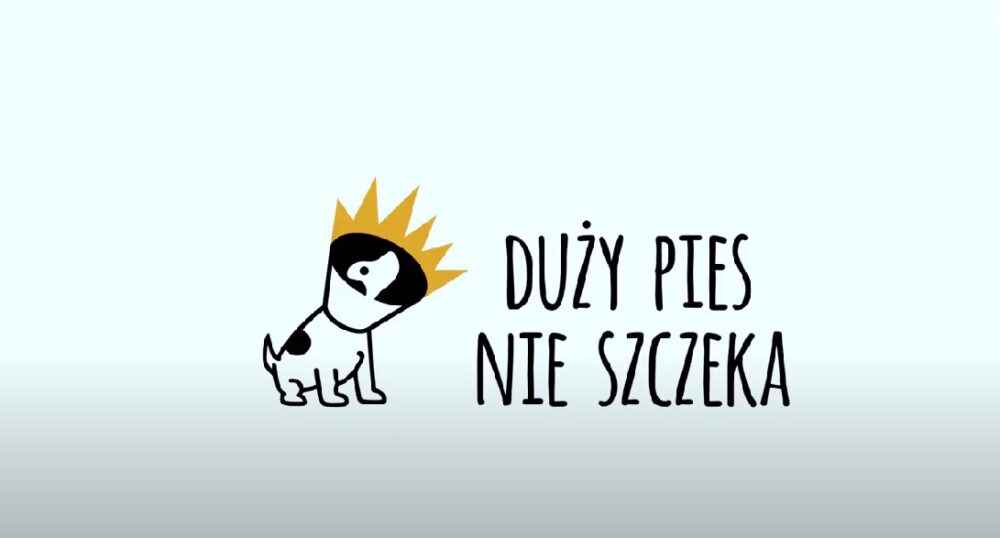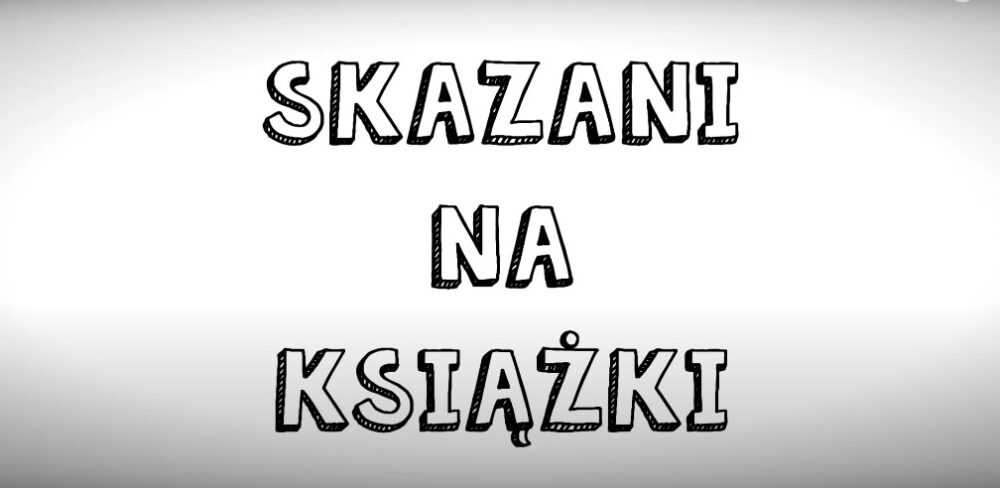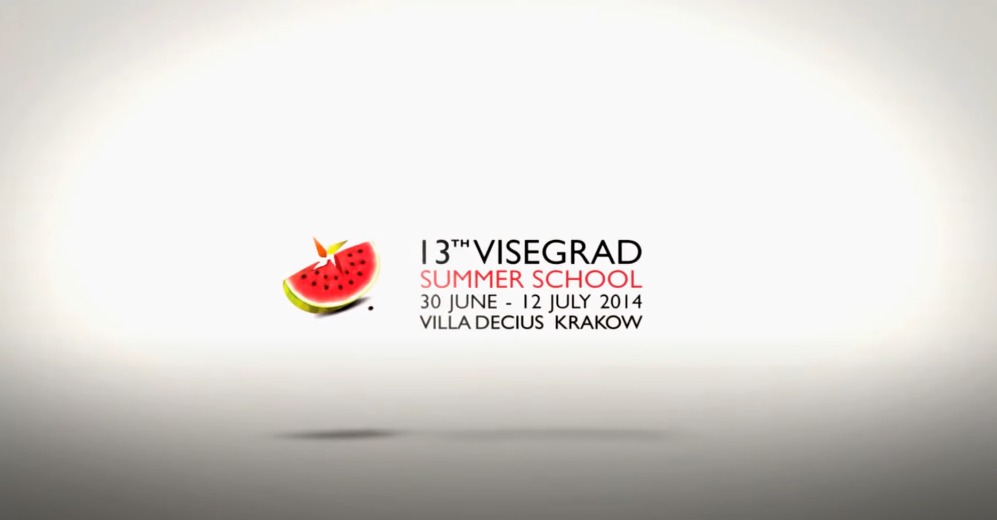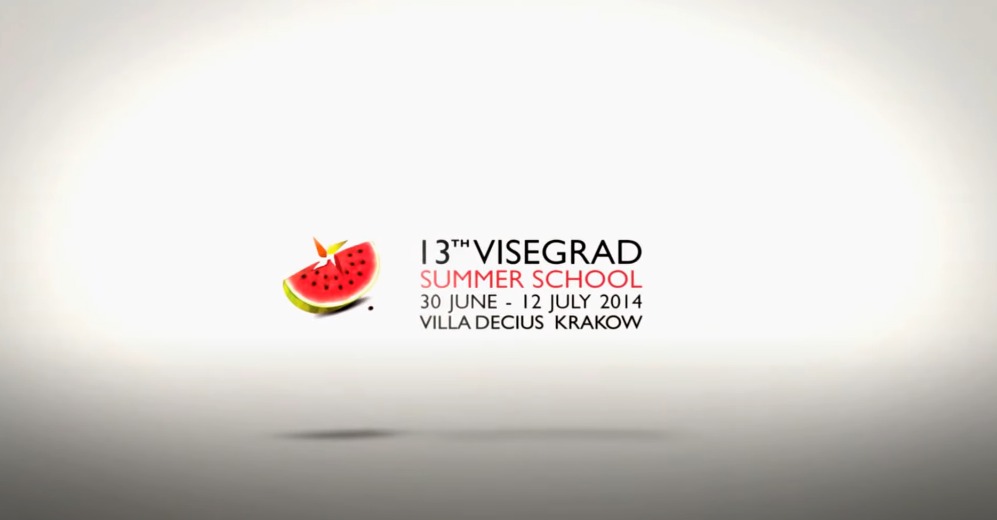The film “Big dog doesn’t bark” is an attempt to summarize and share reflections after the implementation of the anti-discrimination project “Hip hop! Hatters stop” – an educational initiative of the Villa Decius Association of Krakow, aimed at combating discrimination and hate speech.
The project was carried out under the Citizens for Democracy program, funded by the EEA Funds.
